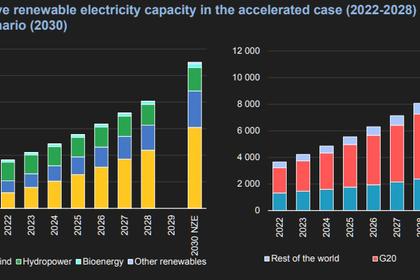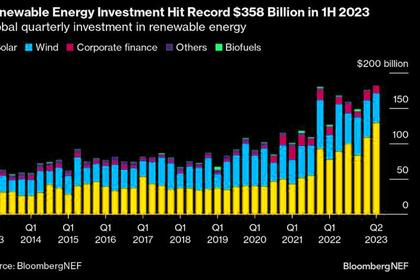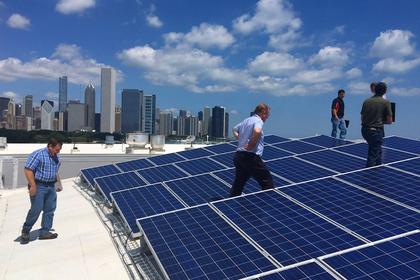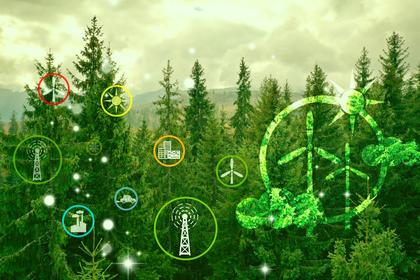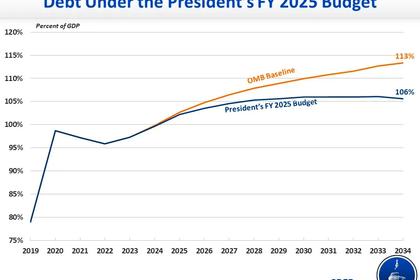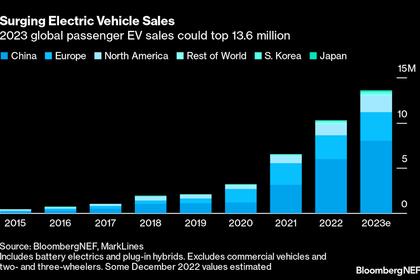
U.S. ENERGY SAVINGS $7.6 BLN
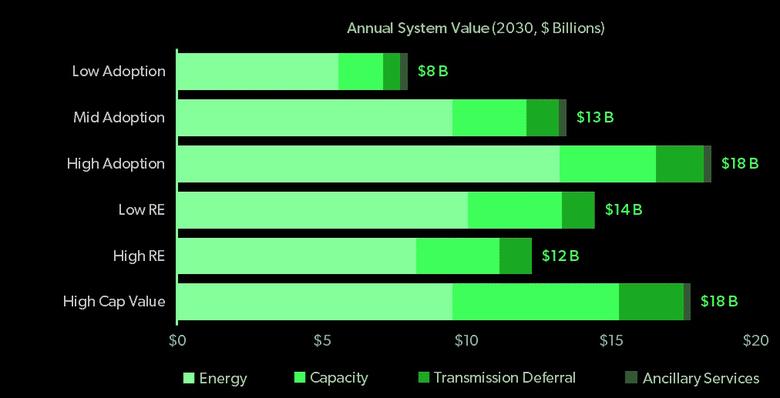
U.S. DOE - APRIL 30, 2024 - The U.S. Department of Energy (DOE) today finalized Congressionally-mandated energy-efficiency standards for a range of residential water heaters to save American households approximately $7.6 billion per year on their energy and water bills, while significantly cutting energy waste and harmful carbon pollution. The final standards for residential water heaters align with recommendations from various stakeholders, including efficiency and environmental advocates, the Consumer Federation of America, and a leading U.S. water heater manufacturer. The standards would require the most common-sized electric water heaters to achieve efficiency gains with heat pump technology, helping to accelerate the deployment of this cost-effective, clean energy technology while also reducing strain on the electric grid. Over 30 years of shipments, these updated standards are expected to save Americans $124 billion on their energy bills and reduce 332 million metric tons of dangerous carbon dioxide emissions—equivalent to the combined annual emissions of nearly 43 million homes.
“Almost every U.S. household has a water heater, and for too long outdated energy efficiency standards have led to higher utility bills for families,” said U.S. Secretary of Energy Jennifer M. Granholm. “The Biden-Harris Administration is continuing to put American consumers first with new, effective rules—supported by industry—that save both energy and money.”
DOE last updated residential water heater efficiency standards, which are required by Congress, in 2010. Compliance will be required starting in 2029 for the new standards adopted today, which would result in over 50% of the newly manufactured electric storage water heaters to utilize heat pump technology, compared to 3% today. Replacing common-sized traditional electric resistance storage water heaters with electric heat pump water heaters meeting the new standards would save consumers approximately $1,800 on their utility bills, on average, over the life of the appliance, with total savings helping low-income households, who spend a higher percentage of their income on utility bills in particular.
Water heating is responsible for roughly 13% of both annual residential energy use and consumer utility costs, and these new standards will provide a savings of 10% of this usage relative to products currently on the market. The energy savings from this final rule over 30 years of shipments is 17.6 quadrillion British thermal units—the largest savings ever from a single DOE efficiency standard, representing more than the energy use of the entire U.S. residential building sector in a single year.
The amended standards for electric storage water heaters in the most common sizes reflect the efficiency level of an entry-level heat pump storage water heater. These standards will more than double the efficiency of electric storage water heaters relative to today, while allowing for new product innovation in the heat pump water heating market such as the recently introduced 120-V heat pump water heater. DOE is confident in the industry’s ability to ramp up capacity to produce the volumes necessary to support the heat pump water heating market that will be required by the amended standards, as demonstrated by a major manufacturer signing on to the joint stakeholder recommendation.
The amended standards represent a moderate increase in efficiency for gas-fired, oil-fired and larger electric storage water heaters. DOE is still considering amended standards for gas-fired instantaneous water heaters, which are not addressed by today’s final rule.
-----
Earlier:
